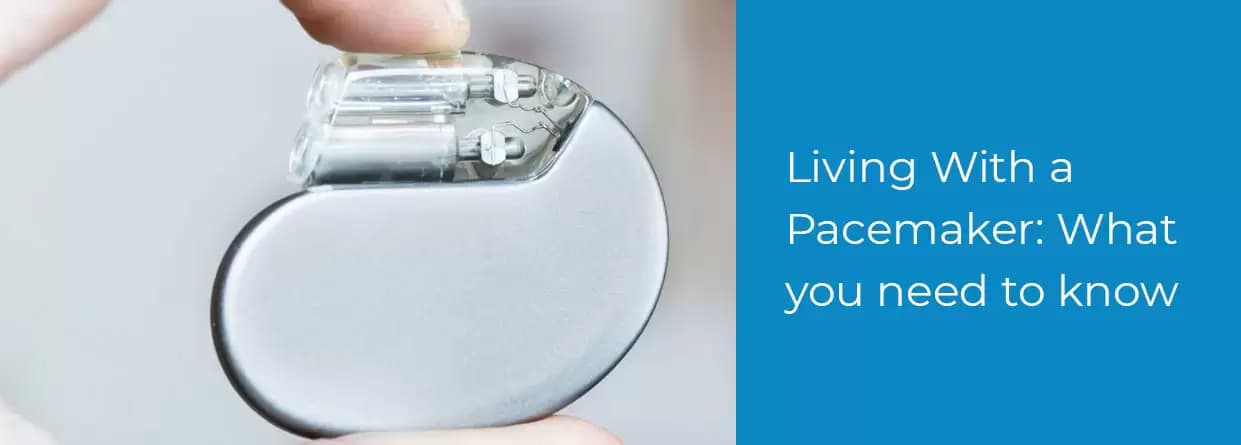
If you are suffering from a slow heartbeat (bradycardia), erratic heartbeat (arrythmia), or a heart blockage, your heart specialist may have recommended pacemaker implantation for you.
If you are suffering from a slow heartbeat (bradycardia), erratic heartbeat (arrhythmia), or a heart blockage, your heart specialist may have recommended pacemaker implantation for you. It’s an electronic device placed under the skin to regulate heartbeat at a normal pace. In the beginning, you may feel insecure about the surgery, and what’s allowed and what’s not with lots of questions about the quality of life after getting the pacemaker. Here we will discuss the same with our expert practicing pacemaker surgery in Kolkata. Continue reading to learn more.
Most patients may think that having a pacemaker will affect their daily life. However, Your life should not be drastically disrupted as a result of that.
Your pacemaker should not have a noticeable negative influence on your lifestyle if you take a few easy measures and follow your healthcare provider's schedule for frequent follow-ups.
Your doctor will go over all of the restrictions and precautions with you after your pacemaker is implanted. Make sure you and your caregiver are both clear on the directions. Do not be hesitant to ask questions.
Make sure you know what your pacemaker's lower and upper heart rates are before you leave the hospital. Consult your doctor about the highest heart rate that your pacemaker can tolerate.
You need to take special precautions while handling the following electronic equipment-
Carry a card that informs healthcare staff about your pacemaker if you are unable to tell them about it. Keep it in your wallet, purse, or phone case so you can access it at all times. You can download a printable pacemaker ID card i.e easy to keep with you all the time.
As per our expert specializing in pacemaker implants, you should follow your doctor’s instructions after getting discharged from the hospital. However, you should stay in touch with your cardiologist if you feel-
Conclusion- A pacemaker can help you return to an active lifestyle by providing you with peace of mind. If you need a second opinion about the same, you can consult our experts at one of the best cardiac centers in Kolkata.
Written and Verified by:

Dr. Manoj Kumar Daga is the Director of Cardiothoracic & Vascular Surgery Dept. at BM Birla Heart Hospital, Kolkata, with over 21 years of experience. He specializes in adult and pediatric heart surgery, coronary aortic root surgery, and heart and lung transplantation.
© 2024 BMB Kolkata. All Rights Reserved.